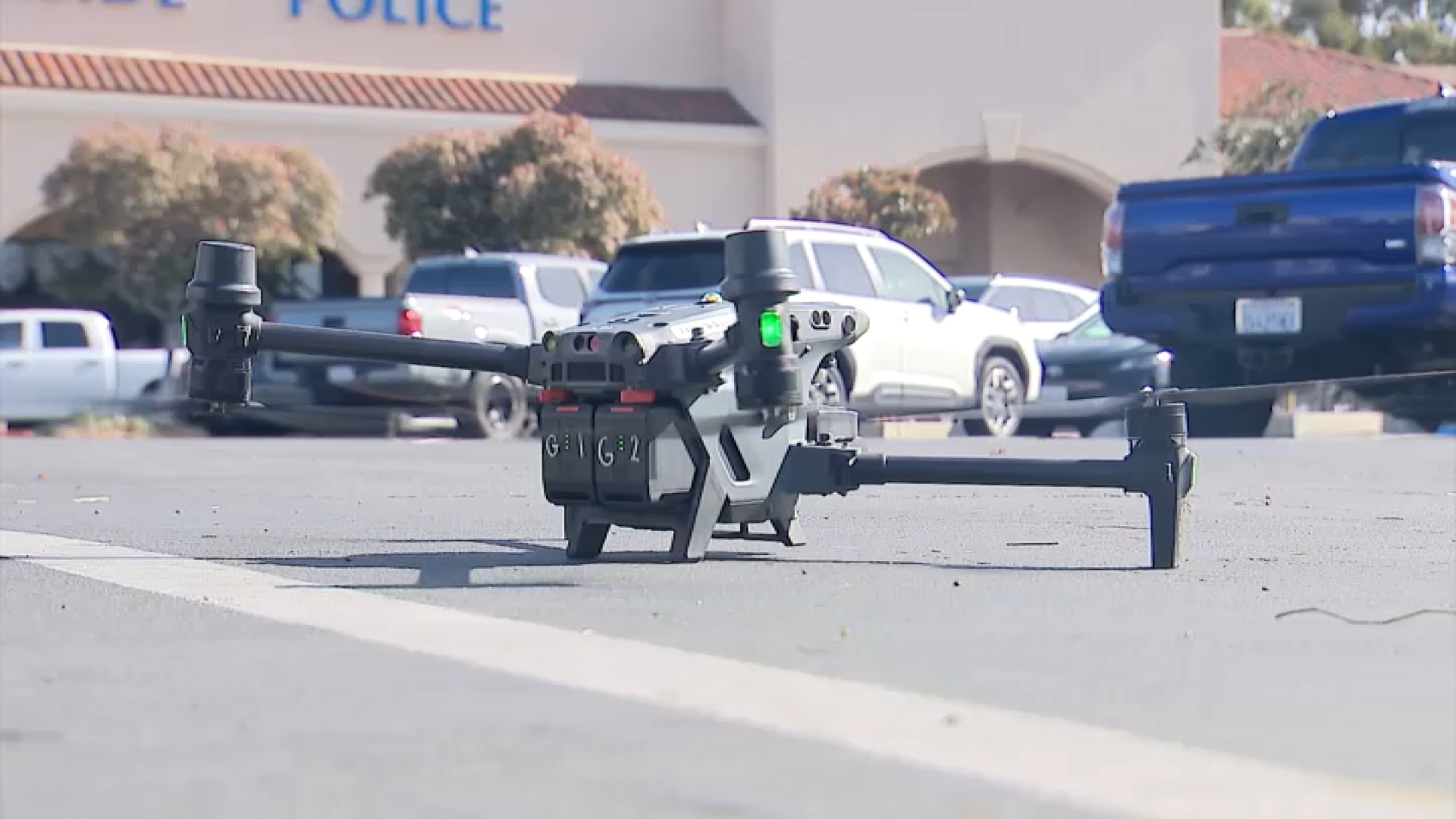NBC 7’s Alex Presha reports the latest developments in an attempt to curtail the spread of a Hepatitis A outbreak in San Diego.
San Diego County health officials declared a state of "local health emergency" Friday due to an outbreak of Hepatitis A, primarily within the at-risk homeless population.
According to a letter issued by Dr. Wilma Wooten, M.D., M.P.H., of the San Diego County Health and Human Services Agency (HHSA), the health emergency remains in effect for seven days, counting from Sept. 1., unless the County of San Diego Board of Supervisors decides otherwise.
Hepatitis A is a highly contagious liver infection that can cause liver disease and illness that lasts for months, sometimes resulting in death, according to HHSA.
Per Wooten's declaration, there have been more than 378 confirmed or probable cases of Hepatitis A reported in San Diego County since Nov. 22, 2016, mainly among San Diego's at-risk homeless population and illicit drug-using population.

Of those cases, 70 percent of patients were hospitalized. Fifteen patients have died from the outbreak, the HHSA said. One in five of the people diagnosed with Hepatitis A also has Hepatitis C.
Health officials said Hepatitis A is typically spread through person-to-person contact, usually in environments contaminated with fecal matter, such as bathrooms. It may also spread through sex with an infected person, or by consuming food or water handled by someone with Hepatitis A.
To combat the outbreak, Wooten said 19,000 people have been vaccinated against Hepatitis A to date; 7,100 of those vaccinations were administered to the at-risk population.
Local
Wooten said the County of San Diego has also distributed 1,400 hygiene kits to the at-risk population and, in collaboration with the City of San Diego, agreed to place 40 portable hand washing stations around the heavily impacted areas to curb the spread of the infection.
Two of the hand washing stations were installed Friday: one at Balboa Park and the other at Neil Good Day Center, officials said.
The disease is preventable with proper hand washing habits, such as washing before handling food and after using the bathroom, or by receiving a two-part vaccination against the disease.
San Diego officials are working to spread awareness of the outbreak and educate the public on how to prevent it.
“The city continues to stand ready to support the county's Health and Human Services Agency in its plans to provide vaccinations, sanitation, and education to San Diegans as we battle this outbreak," Mayor Kevin Faulconer said in a prepared statement.
County officials recommend washing your hands for 20 seconds with soap and water and avoiding direct contact with door handles when exiting a public restroom, as well as not sharing food, drinks or smoking materials with other people.
Wooten also encouraged food handlers to get the vaccination, which is available without a prescription at local pharmacies and from health care providers.
“A person who becomes infected with Hepatitis A may spread the disease to others before experiencing symptoms,” Wooten explained. “In an occupation such as handling food, workers may expose more members of the public than workers in other occupations."
Despite efforts to combat the outbreak, Wooten's declaration said the infection is both "increasing and spreading" and further steps must now be taken.
This includes sanitizing areas where there are large numbers of homeless encampments and removing contaminants that could continue to spread the virus.
Vaccines are also available for free to those without insurance at any of the county’s public health centers.
Symptoms of Hepatitis A include fever, jaundice, fatigue, loss of appetite, nausea, dark urine and stomach pain, according to HHSA. However, symptoms may not develop for up to 50 days after exposure, which is why practicing good hygiene is encouraged as a method to prevent spreading the disease to others.
For additional information, visit the HHSA website.



